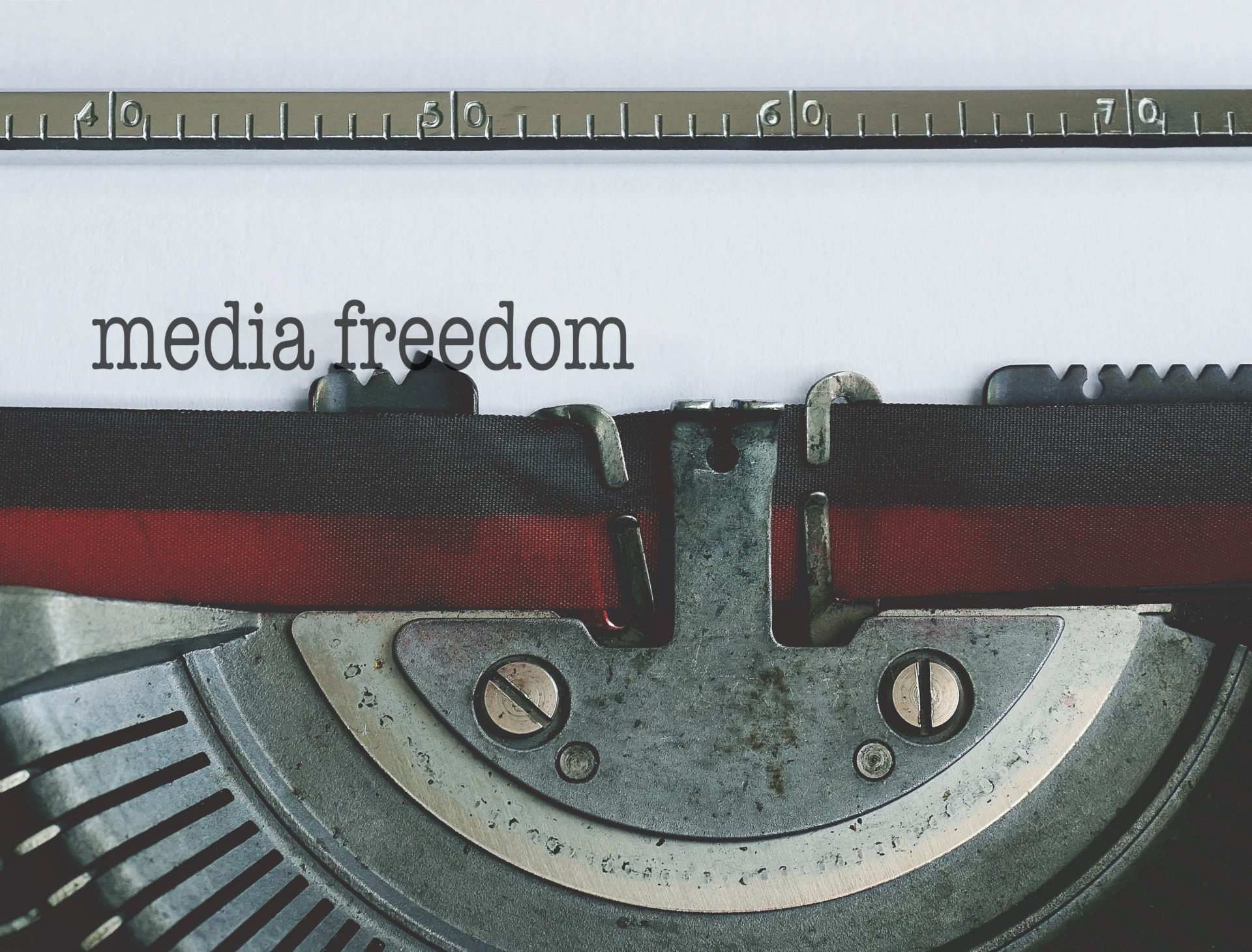Supplementary Human Dimension Meeting Session I: HRHF Statement
(Check against delivery)
One of the themes for discussion in this afternoon’s session revolves around a changing media landscape and how such changes impact media freedom. This of course implies that the media landscape is organic and, like all organic things, changes and evolves. But, what if the media landscape is intentionally, deliberately changed in order to impact media freedom?
Azerbaijan has one of the most repressive environments for independent media and journalists, not just in the OSCE region but in the world. This repressive landscape did not evolve naturally this way. It is the result of decades of policies, legislation, and activities designed to stifle dissenting and opposition voices.
Today, virtually all media outlets inside of Azerbaijan are controlled by the State and free expression advocates, investigative journalists, and media representatives in Azerbaijan continue to face violence, threats, and ill-treatment.
In just the last 13 months, the Azerbaijani authorities have enacted two new laws further restricting freedom of expression and independent media.
- In February 2022, the media law, which was subsequently criticised by the Council of Europe’s Venice Commission, placed further restrictions on media outlets, effectively banning any organisation not owned by an Azerbaijani citizen living in the country. This is of course noteworthy in a country where journalists face physical and legal threats regularly and many have been forced to flee the country.
- Then, in September 2022, the authorities enacted a new mandatory media registry, established new requirements for journalists to be placed on it, and threatened legal action for any journalists working without being registered. According to Turan, an independent Azerbaijani media outlet operating outside of the country, Azerbaijani civil society and media activists meeting earlier this month concluded that the law constitutes censorship aimed at suppressing free expression in the country.
At the same time, attacks against journalists in Azerbaijan continue with impunity. In September in Warsaw, we raised the case of Ayten Mammedova, a journalist attacked in May 2022 after covering a politically sensitive case of alleged torture by Azerbaijani authorities. This incident, like many others against journalists, including murder, remains unsolved.
For decades, the Azerbaijani authorities have worked deliberately to change the media landscape in Azerbaijan. As a result, on Reporters without Borders’ press freedom index, Azerbaijan ranks below Belarus, Tajikistan, Uzbekistan, and 150 other countries.
Mr. Moderator, given both the recent attacks on independent media and journalists in Azerbaijan, and the broader campaign launched by the authorities and longer-term trends, I’d like to ask the panellists the following questions:
- How can media freedom truly exist when the legislative and policy landscape effectively bans independent media and any objective reporting within a country?
- What recommendations do you have for the Azerbaijani authorities to reverse their decades long attack on independent media and journalists?
Top photo by Suzy Hazelwood via Pexels.





